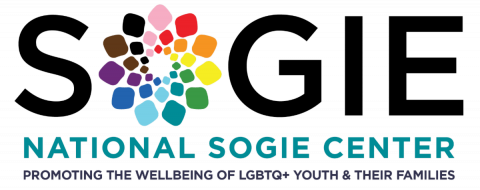SECTION THREE
How To Assess Safety When Seeking Outside Services
Training & Certifications
Look for therapists who have specific training or certifications in LGBTQIA2S+ issues. This can indicate that they have a deeper understanding of your experiences.
Inclusivity
Review websites, profiles, or promotional materials for inclusive language and imagery. Terms like “LGBTQ+-friendly” or “LGTBQ+-affirming” can signal a welcoming environment.
Feedback
Look for feedback from other clients, especially those from the LGBTQIA2S+ community. Positive experiences can provide insight into the therapist’s approach and attitude.
LGBTQIA2S+ Experience
When contacting potential therapists, don’t hesitate to ask about their experience with LGBTQIA2S+ clients. A good therapist will welcome your questions and provide clear answers.
Physical Signs
If possible, visit the office. Look for signs of inclusivity, such as pride flags or LGBTQIA2S+ resources. A welcoming physical space can enhance your comfort. Make sure the therapist has clear policies on confidentiality, especially regarding LGBTQIA2S+ identities. Feeling safe about your privacy is crucial.
Community Engagement
Check if the therapist participates in local LGBTQIA2S+ events or organizations. Active engagement in the community can indicate a commitment to support.
Accessibility
Assess whether the services are easily accessible for you. This includes location, availability, and whether they offer virtual sessions.
Trust Your Instincts
Pay attention to your feelings during initial interactions. If something feels off or uncomfortable, it’s okay to look for another therapy provider.
Referrals
Ask trusted friends, family, or community members for recommendations. Personal referrals can often lead you to affirming and safe spaces
Explore Directories
Use directories from LGBTQIA2S+ organizations that list affirming therapists and services, ensuring you’re finding supports that specifically cater to your needs.
You Deserve Safe, Affirming Care
Finding support shouldn’t mean compromising who you are. You deserve therapists, providers, and spaces that respect your identity and make you feel safe.


